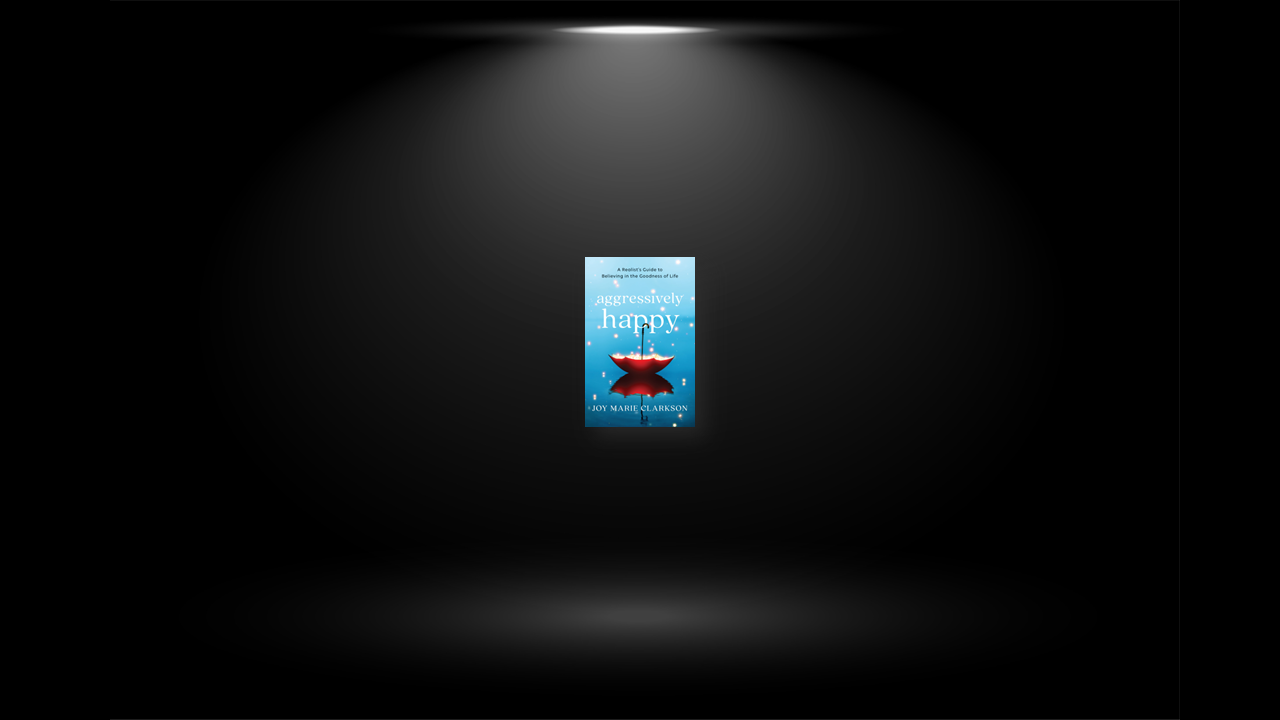Befriend sadness
just because you may be sad now doesn’t mean you won’t someday be able to be incredibly, deeply, and uncomplicatedly happy. The funny thing about sadness is that it wants to convince us that it is the truest thing. And sadness is a true thing. But so is happiness. So are babies giggling, and daffodils in springtime, and salmon and lox bagels, and laughing so hard that your stomach hurts. Sadness is not somehow “more real.”
When your sadness has passed, let it be passed. The hardest thing is to let happiness and sadness both be true. But they are. So, when a storm has passed and you’re feeling joyful and happy and thankful, ride the wave. Breathe deep relief and know that this too is true. It will feel frightening to rejoice, sometimes, because the vulnerability of joy is two breaths away from the vulnerability of sorrow.
When you throw your arms open in joy, sometimes you will get sucker-punched. But as far as I can tell, it’s better to sail the sea of sorrow than to never let joy fill the sails of your boat.
Flounder well
Many of us wake up at some point in our journey of life to discover that “the straightforward pathway had been lost.” We feel like we are in a bad dream. We can’t figure out which direction is up, or if we’re moving forward or backward. These seasons can feel like a waste, like if we could only make it out of the dark wood, if we could only stop floundering, we could begin living. I have some bad and good news: most of life is in this dark wood. We think we will obtain sure footing after a certain milestone is passed, or an obstacle is mastered. Things will be different, sturdier, make more sense, we tell ourselves, when I have finished college . . . when I get a job . . . when I get married . . . when I have a baby . . . when the baby is out of diapers . . . The list goes on and on, as we wait to feel like we have arrived, or even just know in which direction we are headed.
The nature of this life is that we never “arrive.” Saint Augustine describes the Christian life as a pilgrimage, straining for a destination we cannot reach in life. In doing this, he draws from Hebrews 11: “All these people were still living by faith when they died. They did not receive the things promised; they only saw them and welcomed them from a distance, admitting that they were foreigners and strangers on earth” (v. 13).
This is life. We often don’t know where we’re going, or how things will turn out. There is not a magic wand that can bop us on the head and reveal exactly what we should be doing, or whom we should marry, or how to move forward. And even when the events we hoped for happen, we sometimes still feel confused. For better or worse, most of life is in the in-between. But there’s good news too: treasures can be found in the floundering.
The first key to floundering well is to stop moving, accept your life, and listen. We may not like the scene (or life) in which we find ourselves, but we have to accept it for what it is. That’s just the game! We all find ourselves in stories that are not entirely of our own making. If we ruled the world, there are aspects of our stories we would not have included: personal flaws, setbacks, difficult family members, emotional wounds, financial problems, romantic disappointments. But there they are, rampaging through our lives like feral purple elephants. Watching people who are not good at accepting the reality of their scene partners is a painful experience; so is watching someone who does not acknowledge the reality of their life. Accepting life, with all its warts and wounds included, does not mean surrender, or even approval of its brokenness; it simply means grappling with life as it is, with no illusions.
Remember: you have a body!
The metaphors we use to describe ourselves matter. I’ve noticed that we often talk about ourselves like we’re machines. We “adjust.” We “process” life events. We “recharge our batteries” when we’re worn out. On their own, these metaphors might be harmless enough, but when they become ingrained in our self-imagination, they can become destructive. We act like we should be able to expect the same things from ourselves every day. We demand consistency; we are hard on ourselves when we don’t perform, function, work. Machines work and so should we. When machines break, we throw the useless things away, or melt them down for parts.
You are not a machine. You are more like a garden. You need different things on different days, a little more sun today, a little less water tomorrow. You have fallow and fruitful seasons. This is not a design flaw; it is wiser than perpetual sameness. If you expect a garden to “produce” things with the same regularity and consistency as a machine, you will be disappointed. If you try to maintain a garden the same way you would a machine, you will destroy it. The same is true of your body and emotional life.
What does your garden need today? Forgetting you have a body is not heroism; it is hubris. If you neglect your bodily needs, you will find yourself pouting in Paris, or under a bush in Beersheba telling God you wish you were dead. You should take care of yourself because it will make you a more stable person, more able to function usefully in the world, more capable of helping and encouraging other people. But you should also care for yourself because you are not God; you are His creature, and He delights in showing His love for you. Your physical needs are a daily, hourly reminder that God didn’t create you to be alone, desperate, and hungry, but to be tended to. Like a happy, plump sheep.
Accept love
before you did anything useful, or said anything clever, or helped anyone, you were loved. After you failed, or disappointed people, or did something stupid, you were loved. You aren’t loved because of qualities that might disappear with age. You aren’t even loved on the basis of what you will become someday. You are loved completely, eternally, and right now. Fundamentally, who you are is a beloved child of God. If someone asked, “Who are you?” The truest answer you could give is “I’m a beloved of God.”
No one seems to have known this better than the apostle John. Throughout his gospel, he mysteriously refers to “the disciple Jesus loved” doing various things, often seemingly petty: asking who will betray Jesus, receiving Mary as his mother at the foot of the cross, being told about the resurrection, eating breakfast with the resurrected Jesus, bickering with Peter about the future. In the final paragraphs of the gospel, in what feels like a grand reveal, he identifies the gospel itself as the testimony of the “beloved disciple,” who is also himself.
It is only when we realize that God loves us that we can feel fundamentally and permanently okay, that we are able to fully give ourselves in relationships without losing ourselves, that we can invest ourselves in worthwhile work and enjoy experiences. You can lose and not be lost. You can enjoy things—friendship, romance, work—as gifts when you no longer have to seize them as evidence of your existential value. And it frees you up to be brave. You can try tremendously, because if you fall, it is only into gentle arms.


